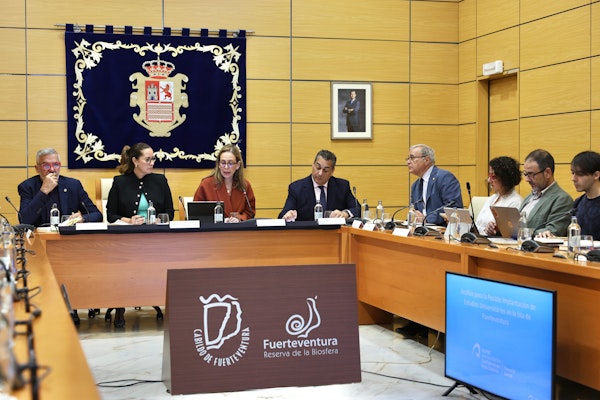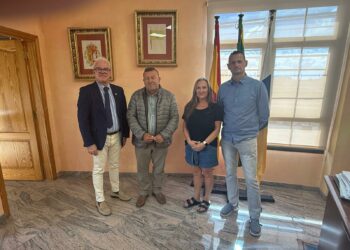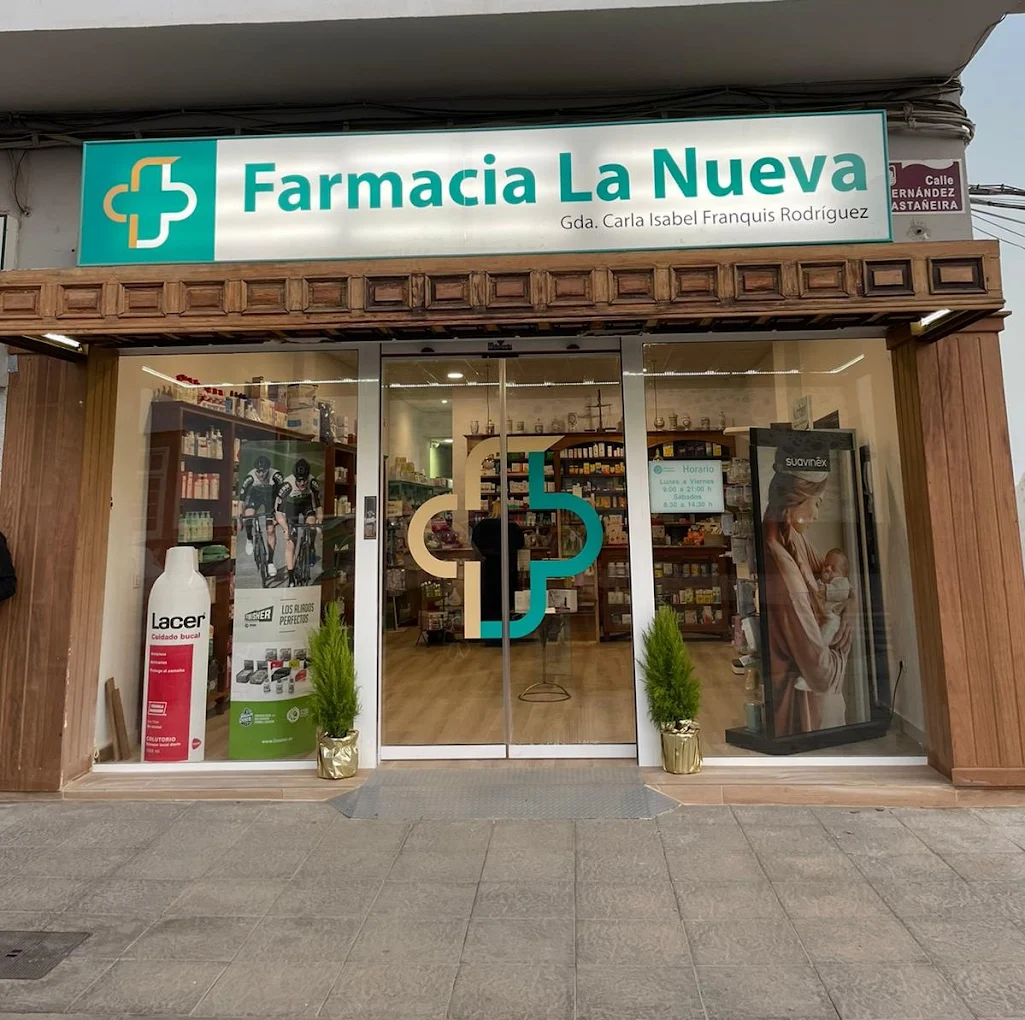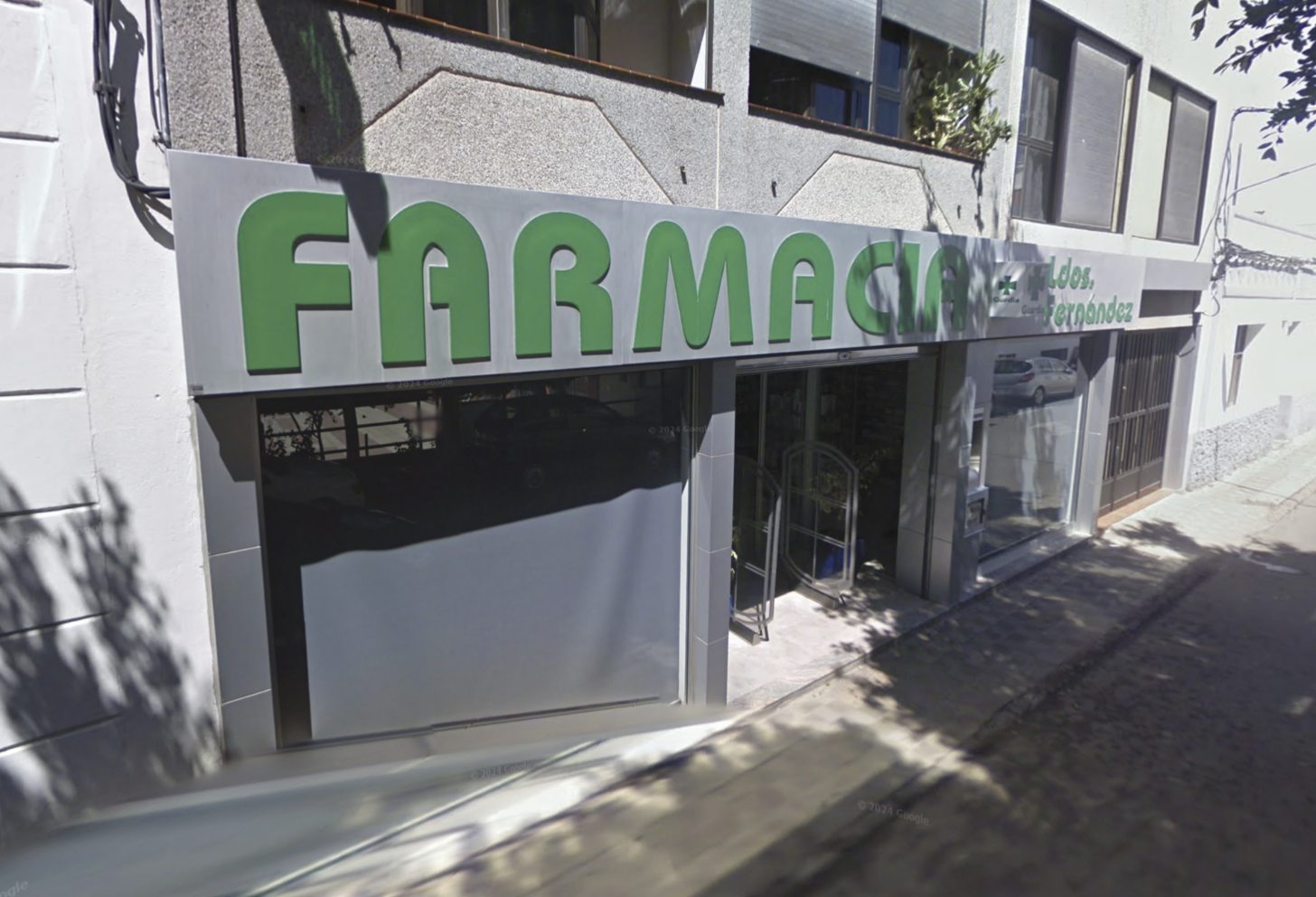Accompanying the Plenary of the Council, came to the island most of the government team of the ULPGC, with a commitment to promote the training offer in the coming years, based on the work developed by professors of the ULPGC, Leonardo Romero and Agustin Sanchez, who value as strategic areas in Fuerteventura alternative tourism and seniors, teacher training and management of schools or the field of specialized communication.
Fuerteventura today hosted an extraordinary plenary session of the Social Council of the University of Las Palmas de Gran Canaria (ULPGC), which has been presented as the only item on the agenda the report ‘Analysis of the possible implementation of university studies on the island of Fuerteventura’, and that, based on the social and productive demands of the island and its employability, has concluded that the university degrees most likely to be successful in Fuerteventura are the Master’s Degree in Alternative Tourism, the Master’s Degree in Teacher Training, the Master’s Degree in Management of Educational Centers, the Master’s Degree in Tourism for the Elderly and the Master’s Degree in Specialized Communication.
The President of the Social Council, Ana Suárez, explained at the plenary session that higher education plays a crucial role in the socioeconomic development of any region. “That is why the implementation of new university study programs not only responds to economic and labor market demands, but also reflects the aspirations and needs of society. In this sense, the present study focuses on analyzing the determining factors for the successful implementation of face-to-face and official academic programs considering the demands of the territory, employability and innovation in their content.”
Ana Suarez stressed that this visit to Fuerteventura, accompanied by a large group of the ULPGC government team, supports the commitment to “build, through an accumulated work of more than 20 years, a new stage of academic and institutional development for Fuerteventura, because we believe that the time has come to give new impetus to the presence of the ULPGC on this island”. The Rector, Lluís Serra, for his part, recalled that the ULPGC is the only Canarian university that has an on-site degree on a non-capital island, “and we want to strengthen our presence here with the support of the Cabildo”. He advanced that there is a new range in the teaching offer of the ULPGC and in research projects that can be strategic for the island, “but for this we need the ULPGC-Cabildo symbiosis that will help us to continue growing in Fuerteventura”. The results of the study presented at the plenary session of the Social Council will be a very useful tool in the future planning of teaching projects to be carried out on the island and the Rector said “that in this new six-year term we have no excuses to make Fuerteventura a campus of excellence”.
The President of the Cabildo, Lola Garcia, explained that “within the work we do all year with the ULPGC to address the training needs of Fuerteventura, it was necessary a study to know what are the degrees with the possibility of being implemented on the island, addressing strategic areas of interest such as alternative tourism, management of natural resources or new technologies, which appears positioned as one of the areas that will require more university employment”.
García added that “it is necessary to stabilize the teaching staff of the Nursing studies, which are already more than 35 years old on the Island, and to continue planning the creation of a new building to start up possible new degrees in the area of the Technological Park”. The President added that “the important thing is that training reaches everyone under the same conditions and, in this sense, I would like to highlight the support we have always received from the ULPGC”.
Presence and commitment of vice rectors
Along with the Rector, the Manager and the General Secretary of the ULPGC, the Vice Rectors for Degrees, Research, Lifelong Learning and Culture and Sports attended the Plenary as guests. After learning the results of the analysis prepared by the authors of the study, ULPGC professors Leonardo Romero and Agustín Sánchez, they all expressed their willingness to support and diversify the training offer in Fuerteventura in the coming years. “We were already working on several training options such as the development of hybrid studies or the creation of a training center associated to the ULPGC with ‘mirror classrooms’, but we also want to promote a joint work of official training and continuing education, adapted to the needs of the island,” said the Vice Rector for Degrees and Academic Quality, Luis Hernandez Calvento. In that sense, the Vice Rector for Lifelong Learning and Employability, Soraya García, exposed the imminent possibility of implementing the micro-credential system in Fuerteventura, which responds quickly to what the company and society needs in the field of professional qualification, with a European quality assurance system. “After the results of the report presented today at the Social Council, we have already started working on a catalog of offers in this type of ‘training pills’, which we want to start discussing in working tables with different social, educational and business groups of the Island”.
The Vice Rector for Research, Transfer and Entrepreneurship, Sebastian Lopez, also stressed the support and collaboration of the ULPGC with the Fuerteventura Technology Park and the connection of university research with the island through its Chamber of Commerce. “We can be the opportunity to enhance the level of technological maturity of majoreras companies, or promote entrepreneurship among our graduates, so that their results can be extrapolated to other islands as in this one.” Finally, the Vice Rector for Culture, Sports and Society, José Miguel Álamo, highlighted the value of the senior training that has been promoted in Fuerteventura for more than 20 years, “where we have welcomed almost 1,500 students”.
Professors Leonardo Romero and Agustín Sánchez, authors of the analysis presented to the Social Council of the ULPGC, informed the plenary that this work has its origin in “a holistic view of the needs of the population of Fuerteventura”. In addition to the information gathered from secondary sources, the researchers explained that the report has also been based on the vision of politicians, businessmen, young people, etc., “which have been essential to achieve an informed and strategic decision making”.













